The influence founders wield can breed unhealthy power dynamics if mishandled. Without intentional checks, your authority can become absolute and toxic. Here’s how to lead ethically and empower your team.
Founder Authority Can Distort Judgement
As a startup founder, you may unconsciously:
- Feel your decisions are inherently correct because of your status
- Neglect seeking team input and critique
- Abuse power by demanding unreasonable work hours or conditions
- Feel threatened by employee challenges to your ideas
- Believe rules and norms don’t apply to you
Beware of distorted mindsets that accompany founder hero worship and authority.
Symptoms of Unhealthy Power Cultures
Warning signs of poor power dynamics:
- Lack of accountability or oversight of the founder
- Leader hypersensitivity to criticism
- Employees afraid to share contrary opinions
- Founder obsession with fame, status, wealth
- Team burnout, avoidance, high turnover
- Stifled innovation, groupthink, echo chamber
Unchecked power breeds demoralization, politics, and stagnation over time.
Causes of Problematic Power Dynamics
Factors distorting founder-employee relationships:
- Founder ego or sense of innate superiority
- Lack of checks, balances, oversight on founder
- Investor/board hesitance reining in “genius” founder
- Media hype feeding founder god-like status
- Young workforce more prone to hero worship
- Founder charisma blinding team to red flags
Remain vigilant against qualities that inflate your authority.
Increase Decision Transparency
Reduce perception of unilateral founder fiat:
- Explain the reasoning and information underlying major calls rather than issuing edicts.
- Solicit team perspectives and data to incorporate before finalizing choices.
- Admit when changing course based on employee feedback. Avoid appearing infallible.
Logical, inclusive processes temper perceptions of one-man rule.
Institutionalise Values and Culture
Build an organisational identity bigger than any solo leader:
- Articulate core cultural values owned by the entire company, not tied to the founder.
- Empower employees at all levels to call out misalignments between actions and values.
- Reinforce values through stories of employees exhibiting desired behaviors vs. just founder parables.
- Include diverse voices and employee input in shaping cultural evolution.
- Make clear no leader is above the culture. The founder models values, doesn’t solely define them.
Healthy culture outlives changes in leadership.
Self-Reflect on Power Mindsets
Regularly self-assess on perspective and emphasis:
- Do you feel employees should serve your vision rather than you serving the team?
- When criticised, are you more concerned about affronts to your ego than learning?
- How much of your identity is tied up in being the founder versus other life roles?
Ongoing introspection prevents distorted views of your own importance.
Collect Feedback Courageously
Proactively seek unfiltered perspectives:
- Use anonymous surveys to surface concerns employees won’t share directly.
- Create channels welcoming respectful dissent and disagreement from all levels.
- Ask critical advisors to candidly evaluate your leadership vulnerabilities.
Blind spots easily expand without inputs counterbalancing your vantage point.
Empower Respectful Challenges
Encourage pushback through words and actions:
- Express openness to alternative ideas and clarify there are no repercussions for disagreeing.
- Thank employees who challenge your assumptions and provide new information, even if it proves you wrong.
- In meetings, pause after sharing proposals to explicitly invite counterarguments.
- Adopt a growth mentality yourself. Feedback improves decisions rather than threatens your standing.
Cultivating respectful debate combatsgroupthink and overreliance on your instincts.
Establish Ethical Boundaries
Explicitly outline unacceptable conduct that power enables:
- Code of conduct prohibiting harmful, exploitative and unethical behavior, regardless of level.
- Formal HR processes for reporting concerning conduct and protecting whistleblowers.
- Swift investigation of claims against leadership. Impartial process and consequences.
- Training on power differentials, appropriate relationships, and preventing harassment.
Clear guardrails prevent rationalising abuses of authority and position.
Maintain Humility and Approachability
Fight tendencies toward isolation and superiority:
- Make yourself available for informal access and two-way dialogue. Don’t sequester yourself.
- When interacting, consciously project curiosity, empathy, and interest in employee perspectives.
- Offer perks and privileges separating you from common employee experiences. Avoid special treatment.
- Share stories of mistakes and lessons learned about managing power. Be vulnerable.
Stay grounded by minimising unnecessary distance between executives and staff.
Seek Anonymous Constructive Criticism
Provide safe channels for unfiltered feedback:
- Administer anonymous pulse surveys probing issues like ethics, abuse of power, and unhealthy dynamics.
- Appoint an ombudsman to surface sensitive staff concerns. Protect confidentiality.
- Consider external focus groups and interviews to uncover cultural blindspots.
It’s painful but critical to understand problems you may be unaware of or beneficiaries of.
Diversify Leadership
Founders don’t have a monopoly on great leadership. Cultivate other voices:
- Recruit independent board members overseeing company health beyond just scaling.
- Build out an executive team with perspectives and styles complementing and challenging yours.
- Promote leaders that exemplify company values. Distribute authority across multiple role models.
Checks and balances come from empowered leadership beyond just founders and loyalists.
Build Impersonal Processes
Institute protocols resilient to leadership changes:
- Document playbooks codifying successful processes so they survive changes in management.
- Establish strong HR practices around performance management, compensation, and behavior enforcement applied fairly regardless of level.
- Define clear department mandates, decision rights and mechanisms for resolving cross-functional disputes.
Infrastructure must work seamlessly without relying on particular heroic leaders.
Take Extended Time Off
Vacations enable the organisation to stabilise independently:
- Take a month+ sabbatical every few years away from the company.
- Rather than remote work and checking email, fully step away with no contact.
- Empower managers to resolve challenges autonomously in your absence.
Founders can’t develop successors if they never let go of the reins to test others’ abilities.
Install Board Oversight
Governance committees maintain checks on founders:
- Ensure your board includes seasoned external members beyond founders and investors.
- Establish a compensation committee approving executive pay to prevent self-dealing.
- Create a governance committee to evaluate company health, culture, ethics and risk.
Independent, empowered boards provide perspective beyond the leader’s.
Invest in Leadership Ethics Training
Formal development strengthens moral reasoning skills:
- Attend seminars on power, ethics and leading with integrity.
- Engage specialists to train founders and managers on avoiding abuses of authority.
- Build self-awareness of cognitive biases clouding ethical judgement.
Continuing education combats rationalizations as standards evolve.
In Summary
Left unchecked, founder power breeds toxicity over time. But self-reflection, accountability structures, diverse leadership and upholding values over personalities sustain healthy dynamics even amidst growth.
By recognising threats of unchecked authority and mitigating them early, founders avoid poisoning team culture later when more difficult to reverse. Mature leaders understand power as responsibility, not entitlement. Build an organisation that rejects the cult of personality.

